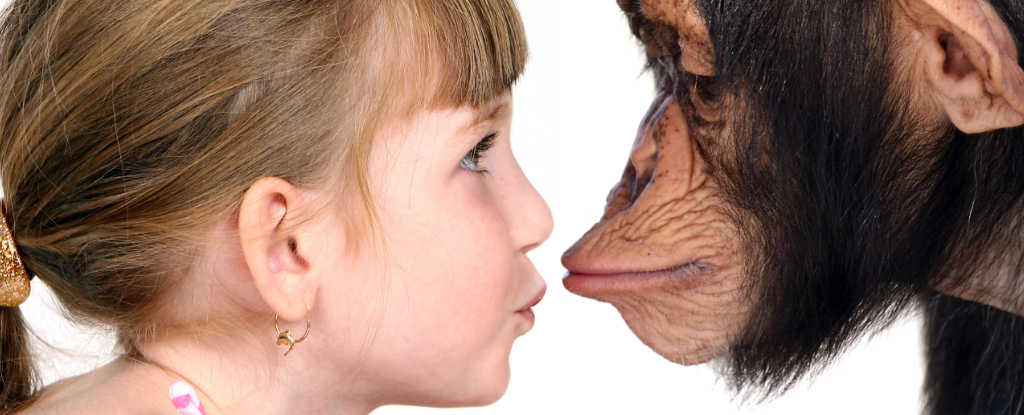Researchers have been examining the human brain’s unique characteristics compared to other primates, a pursuit that has evolved significantly since Richard Owen’s outdated claim that the human brain is wholly unique. Traditional comparative studies have focused on brain size, overlooking critical aspects of internal brain tissue. Recently developed medical imaging techniques have enabled scientists to examine the connectivity within the brain without causing harm. This study analyzed the connectivity patterns of the brains of humans, chimpanzees, and macaques, revealing that while the prefrontal cortex has unique features relevant to cognition, the most significant differences were found in the temporal lobe, particularly in the arcuate bundles associated with language and social processing.
The findings suggest that rather than a single evolutionary change, human cognitive abilities arose from multiple interconnected changes in brain connections, emphasizing the human brain’s enhanced capacity for social interaction and complex processing of sensory information. This evolving understanding reveals that our brains are uniquely adapted for sophisticated social behaviors, underscoring our relative differences from other primates.
Source link


